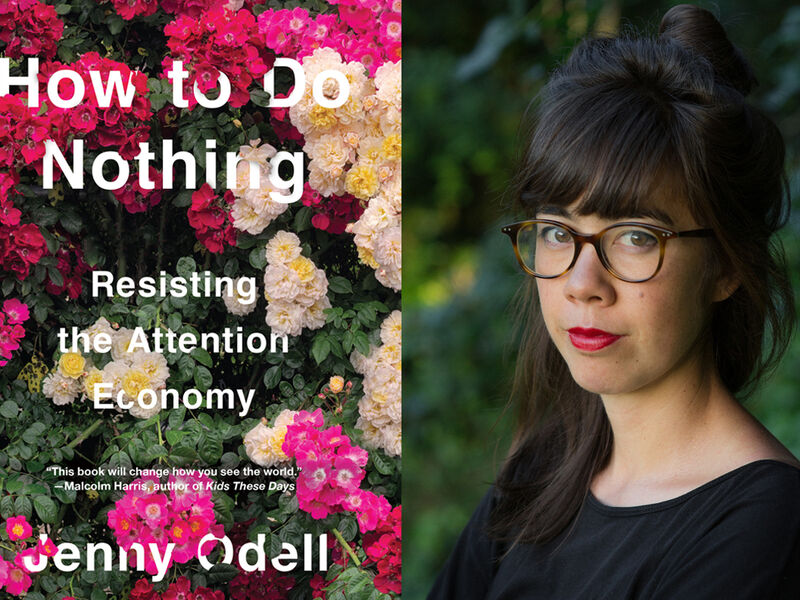Too Short for a Blog Post, Too Long for a Tweet 304

Here are a few excerpts from a book I recently read, "How to Do Nothing: Resisting the Attention Economy," by Jenny Odell.
The first half of “doing nothing” is about disengaging
from the attention economy; the other half is about reengaging with
something else. That “something else” is nothing less than time and
space, a possibility only once we meet each other there on the level of
attention. Ultimately, against the placelessness of an optimized life
spent online, I want to argue for a new “placefulness” that yields
sensitivity and responsibility to the historical (what happened here)
and the ecological (who and what lives, or lived, here).
In
the process of writing this book, I realized that the experience of
research is exactly opposite to the way I usually often encounter
information online. When you research a subject, you make a series of
important decisions, not least what it is you want to research, and you
make a commitment to spend time finding information that doesn’t
immediately present itself. You seek out different sources that you
understand may be biased for various reasons. The very structure of the
library, which I used in Chapter 2 as an example of a noncommercial and
non-“productive” space so often under threat of closure, allows for
browsing and close attention. Nothing could be more different from the
news feed, where these aspects of information—provenance,
trustworthiness, or what the hell it’s even about—are neither internally
coherent nor subject to my judgment. Instead this information throws
itself at me in no particular order, auto-playing videos and grabbing me
with headlines. And behind the scenes, it’s me who’s being researched.
It’s
a bit like falling in love—that terrifying realization that your fate
is linked to someone else’s, that you are no longer your own. But isn’t
that closer to the truth anyway? Our fates are linked, to each other, to
the places where we are, and everyone and everything that lives in
them. How much more real my responsibility feels when I think about it
this way! This is more than just an abstract understanding that our
survival is threatened by global warming, or even a cerebral
appreciation for other living beings and systems. Instead this is an
urgent, personal recognition that my emotional and physical survival are
bound up with these “strangers,” not just now, but for life.
It’s
scary, but I wouldn’t have it any other way. That same relationship to
the richness of place lets me partake of it too, allowing me to
shape-shift like the flocks of birds, to flow inland and out to sea, to
rise and fall, to breathe. It’s a vital reminder that as a human, I am
heir to this complexity—that I was born, not engineered. That’s why,
when I worry about the estuary’s diversity, I am also worrying about my
own diversity—about having the best, most alive parts of myself paved
over by a ruthless logic of use. When I worry about the birds, I am also
worrying about watching all my possible selves go extinct. And when I
worry that no one will see the value of these murky waters, it is also a
worry that I will be stripped of my own unusable parts, my own
mysteries, and my own depths.
Comments